Under California foreclosure law, a trustee’s sale eliminates all interests in the property that are recorded after the deed of trust was recorded. For that reason, holders of interests want to get notice that the property is being foreclosed. Generally, the foreclosing trustee is only required to provide notice of the recording of the notice of default to the parties identified in statutes or specified in the deed of trust. Other persons with lesser interests that are junior to the deed of trust are not automatically entitled to notice. Civil Code section 2924b(a) provides a process for anyone to record a request for notice, which then obligates the trustee to send them a copy of the Notice Of Default. Civil Code 2924b (b), set out in full below, describes who otherwise must be provided notice. The trick is whether you are included in the specified categories. In a recent decision, an easement holder was disappointed to learn that he was not, and the easement was lost. They should have recorded a request for a copy of the notice of default.
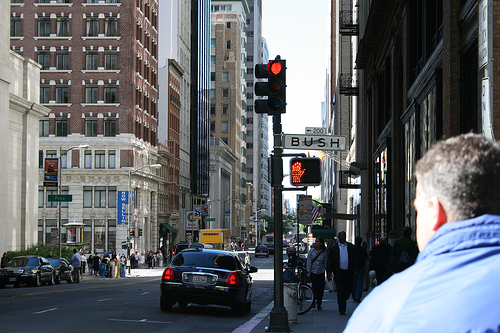 In George Perez as Trustee v. 222 Sutter St. Partners, there was a foreclosure and the subsequent quiet title action was about whether the foreclosure of 425 Bush Street in San Francisco extinguished easement rights. The easement holder had not received notice from the trustee of the foreclosure.
In George Perez as Trustee v. 222 Sutter St. Partners, there was a foreclosure and the subsequent quiet title action was about whether the foreclosure of 425 Bush Street in San Francisco extinguished easement rights. The easement holder had not received notice from the trustee of the foreclosure.
The easement holders argued that an easement holder is included in section 2924b, subdivision (c)(2)(A), as “[a] successor in interest, as of the recording date of the notice of default, of the estate or interest or any portion thereof of the trustor or mortgagor of the deed of trust or mortgage being foreclosed. It continued that it was a successor to the mortgagor of the deed of trust, who was the owner. But this is impossibility. An easement is an interest, but the mortgagor/owner cannot own an easement across one’s own property. Thus, the easement holder cannot be a successor to that interest.
 California Real Estate Lawyers Blog
California Real Estate Lawyers Blog


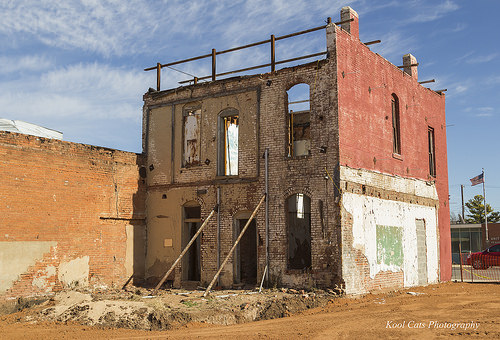 In
In  In
In 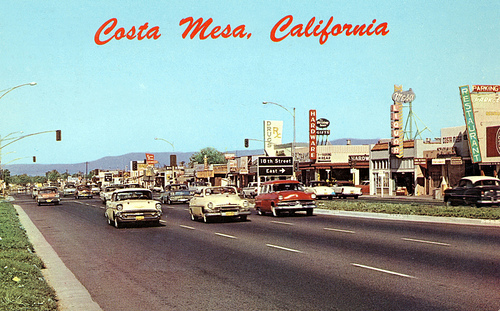 In
In 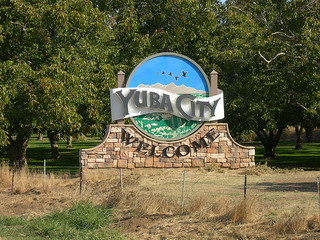 In
In  In
In 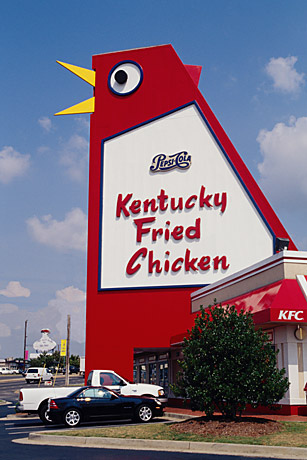 In
In 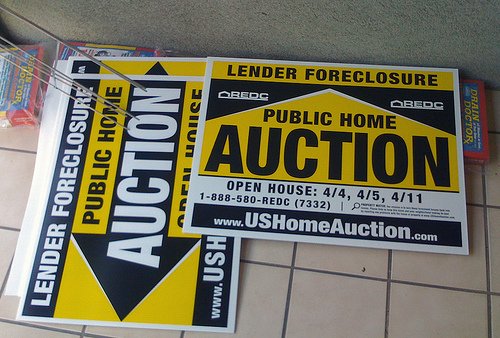 In
In 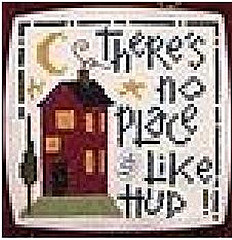 In
In